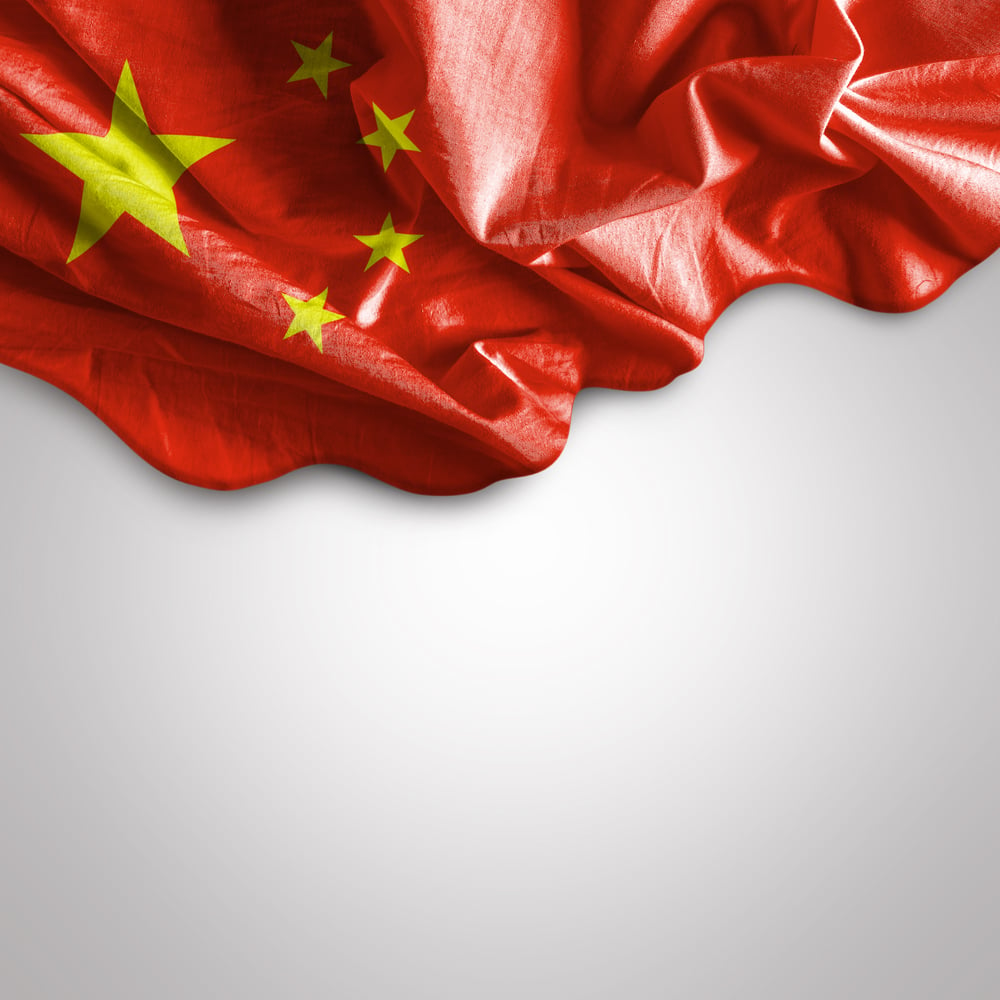In the turbulent aftermath of a relentless US bombing campaign targeting Iranian proxies, striking over 85 locations in response to a fatal drone attack in Jordan, the specter of a regional conflagration looms ominously.This crisis originated with Houthi assaults from Yemen disrupting the Red Sea's commercial shipping, triggering supply chain disruptions, escalating maritime insurance, and threatening a global recession.
Amidst the international chorus of condemnation, an intriguing silence emanates from China, raising questions about its strategic stance. Despite outward composure, China, under President Xi Jinping, grapples with a precarious dilemma. While aspiring to global leadership demands expanding influence in the Middle East, China's economic well-being and the Chinese Communist Party's legitimacy face threats from Iran's obstinacy.
Historically linked with China, Iran has enjoyed close ties, even amid US sanctions. China, like Russia, hosts Iranian leadership, participating constructively in Tehran's nuclear program. However, as US strikes target Iranian proxies, China's past unwavering support for Tehran appears to be wavering. Notably, China refrains from its customary critiques of the West's "hegemonic bullying."
Xi, adept at navigating strategic conflicts, employs deflection and ambiguity to safeguard collaboration benefits without compromising long-term goals. As the crisis unfolds, Beijing refrains from decisively condemning Iran, anticipating the West's intervention while avoiding becoming a fundamental obstacle.
Economic challenges notwithstanding, China prioritizes political gains, banking on the West resolving the crisis. The US, eager for Chinese cooperation, faces the delicate task of offering political incentives to compel Beijing's cooperation.
In a bold proposal, the US contemplates inviting China to join anti-Houthi operations in Yemen, presenting a potential avenue for cooperation. Despite China's likely refusal, the gesture could position China as a responsible international partner and potentially strain its ties with Tehran.
The escalating conflict underscores China's strategic novitiate in the region, revealing the delicate balance between economic and geopolitical interests. As the crisis deepens, the world watches, uncertain of the ultimate trajectory and impact on global stability.

Source: Forbes





